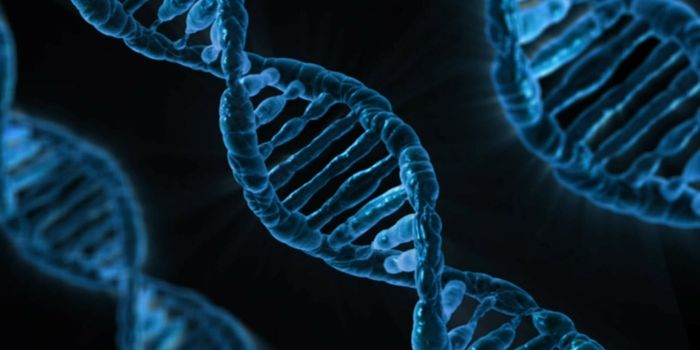Undescended testicles could lead to testicular cancer and infertility in adult males

Usually, the undescended testis moves into its right position into the scrotum by itself within a few months after birth, but if that did not happen children must undergo surgery ‘orchidopexy’ to relocate the testicle into the scrotum.
Medical guidelines are recommending this surgery before 18 months of age to decrease the risk of any complications to undescended testis as testicular cancer and adult male infertility. Researchers at the University of Sydney published a new study that confirms the need to comply with these guidelines.
The study that was published in The Lancet Child & Adolescent Health is considered the first population-based cohort study to evaluate testicular cancer and infertility risk after the correction surgery. It is a study of 350,835 boys born in Western Australia between 1970 and 1999 and followed them up until 2016 via data linked to different resources as hospital admissions.
They discovered that the risk for adult testicular cancer increased 2.4 times for boys suffering from undescended testes compared to healthy boys. Also, the risk of testicular cancer was higher by 6% with each 6-month increase in age at the time of surgery.
As for the risk of infertility, it increased by 20% for the affected boys compared with the healthy ones, and they had twice the chance of using assisted reproductive technology for infertility as adults.
“In addition to an increased risk of testicular cancer, we found that boys with undescended testes had decreased paternity and increased use of assisted reproductive technologies for infertility in later life,” said the University of Sydney’s Professor Natasha Nassar, the study’s senior author.
“Before this study, there was no evidence-based information on the impact of early surgery on the future risk of testicular cancer and infertility in adult males,” said study leader, Dr. Francisco Schneuer of the University of Sydney.
As Testicular cancer is the second most common cancer in young males and although it is rare, its occurrence has increased by 50% in the last 30 years, and male infertility affects 5-10% of men worldwide. Therefore, parents should be more aware of early diagnosing undescended testes and comply with the guidelines to undergo surgery as early as possible if it is required to lower the risk of any complications.
Watch the video below to learn more about undescended testicles and the corrective surgery.
Source: ScienceDaily via The University of Sydney, ScienceDirect








